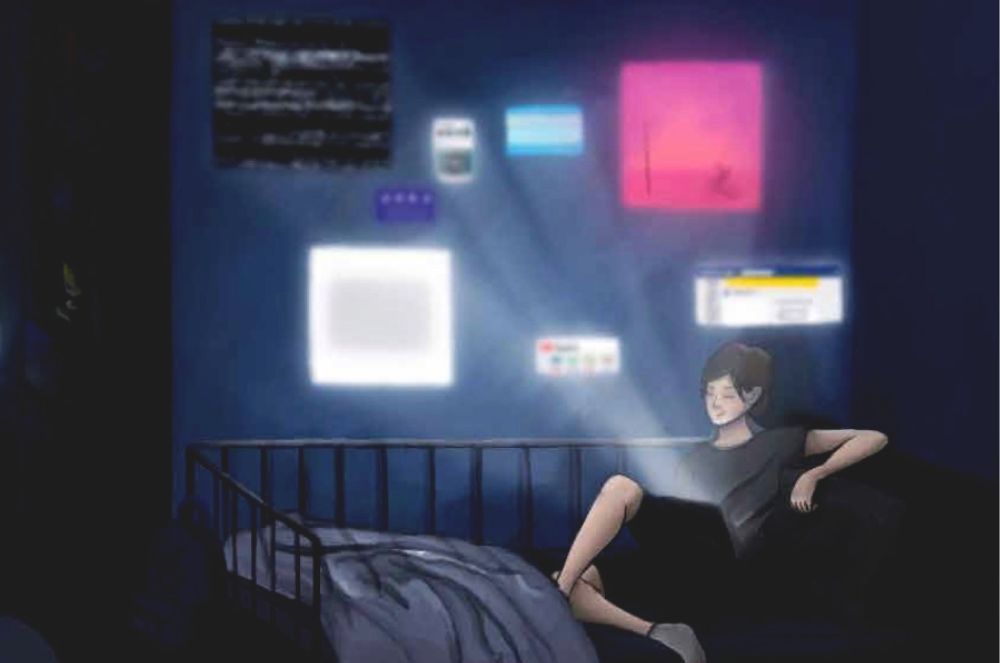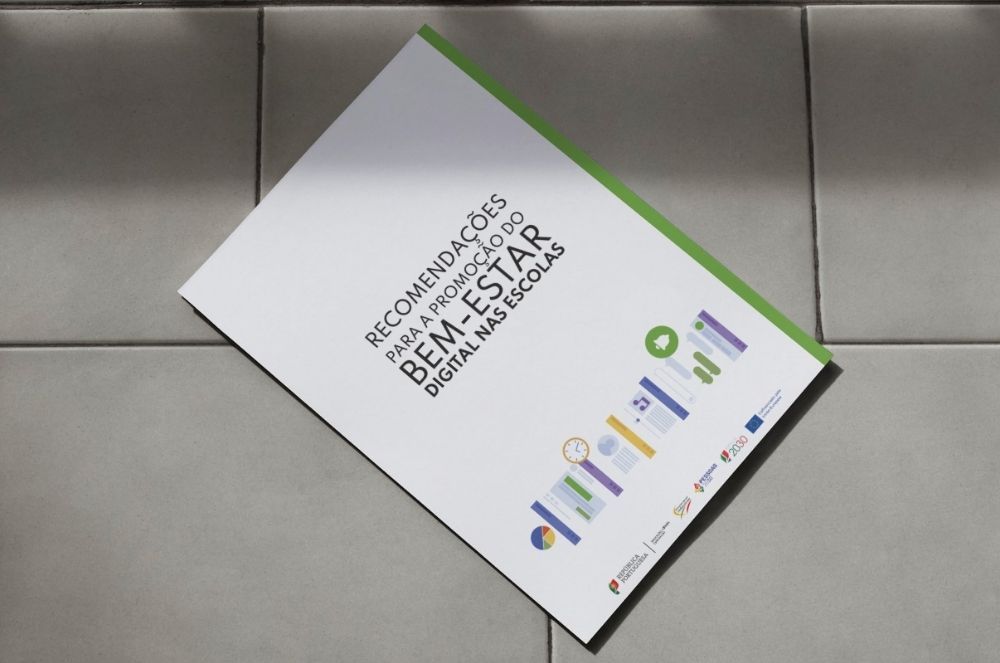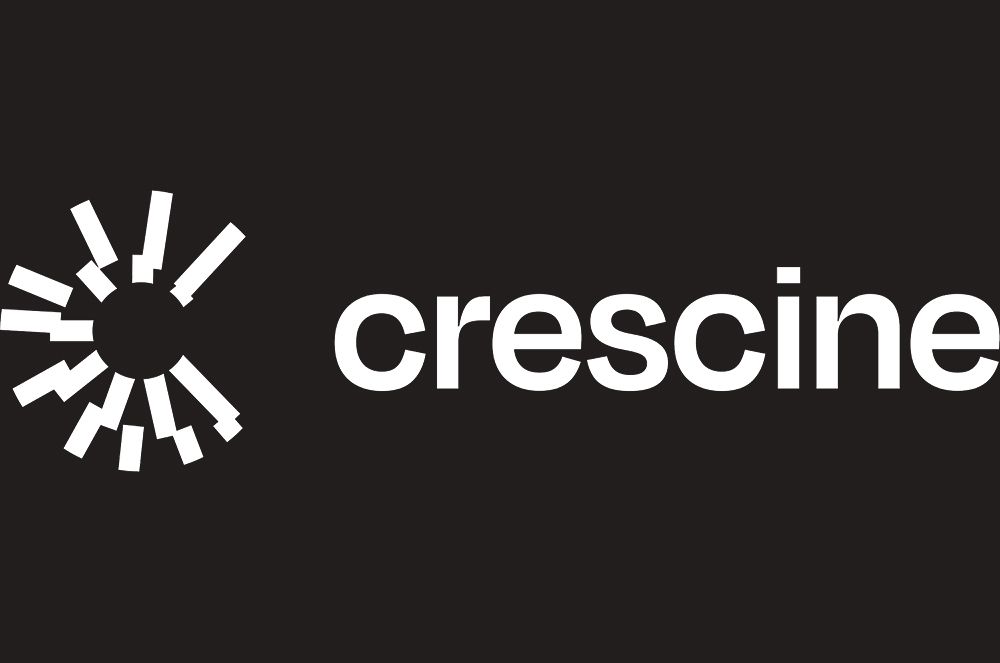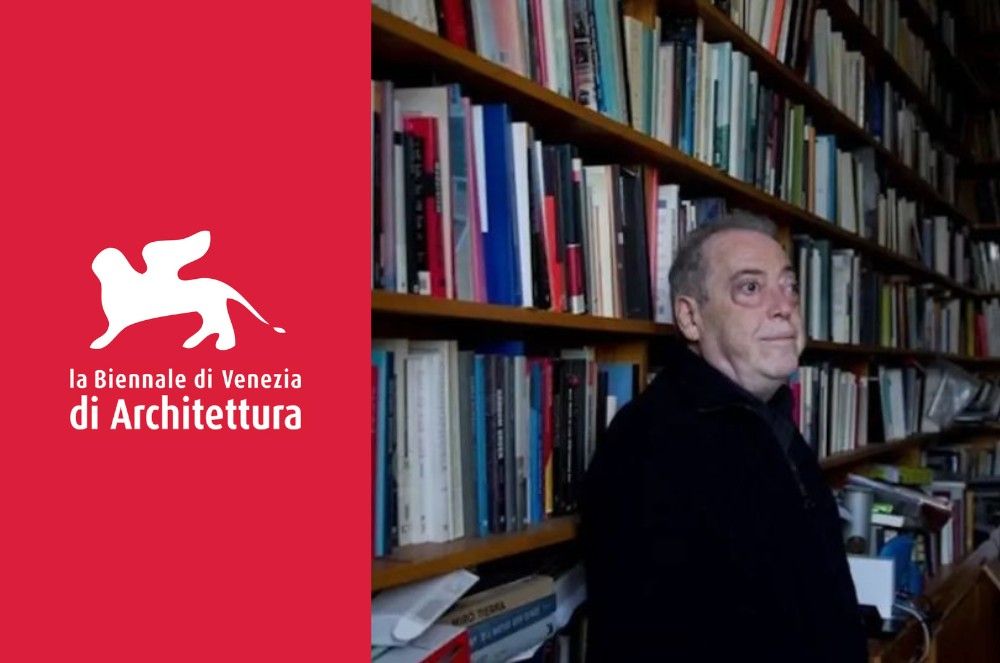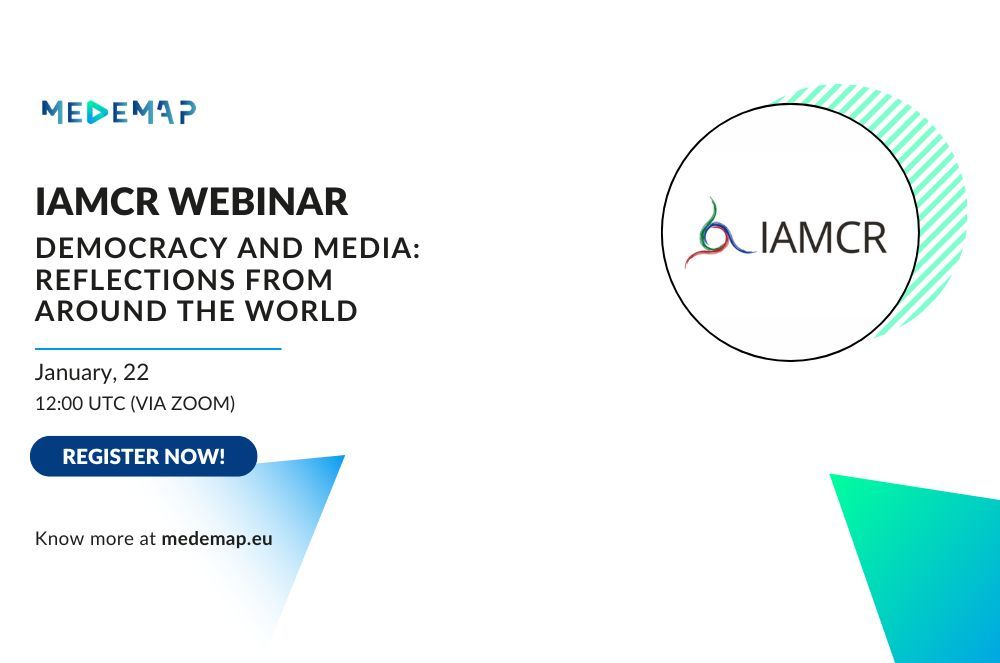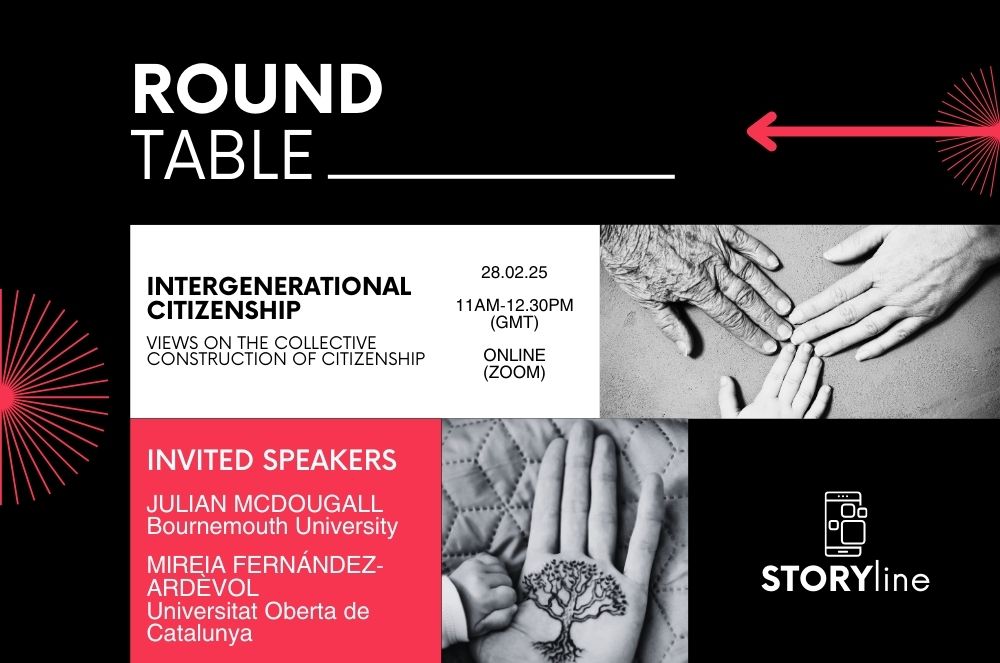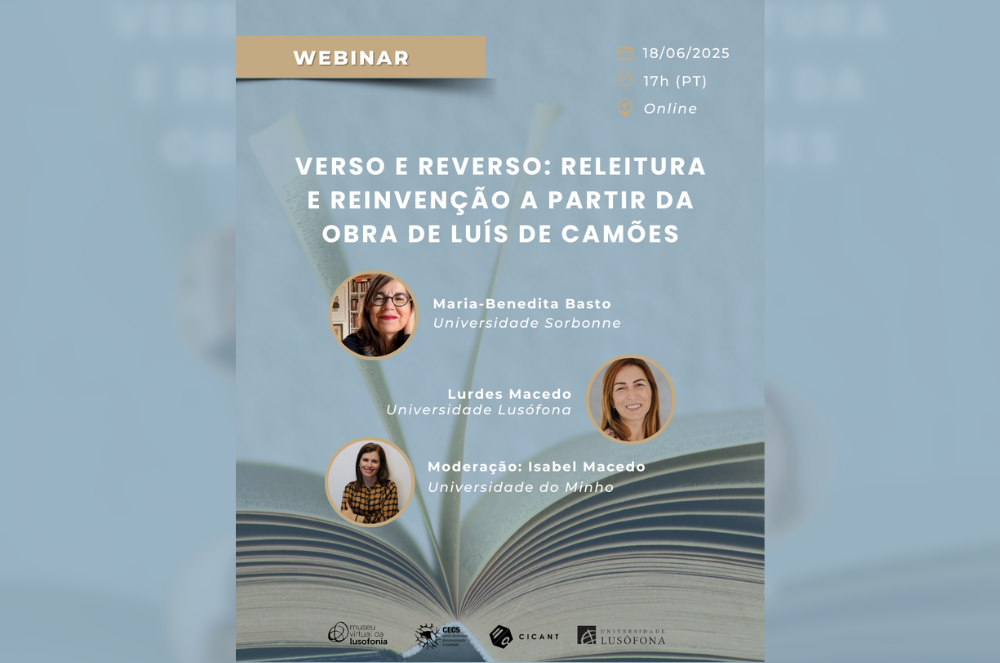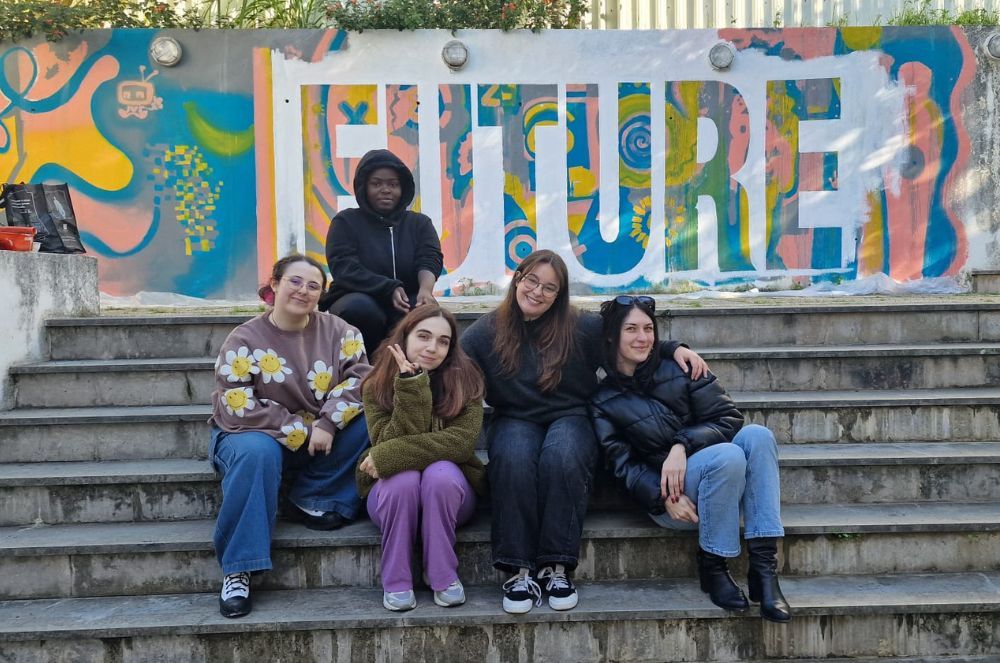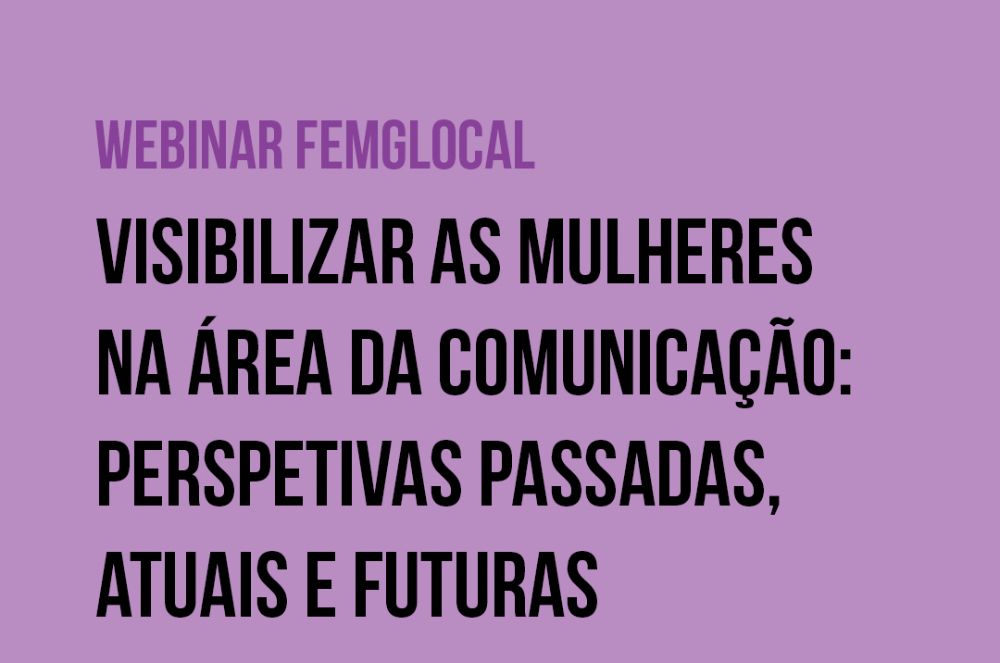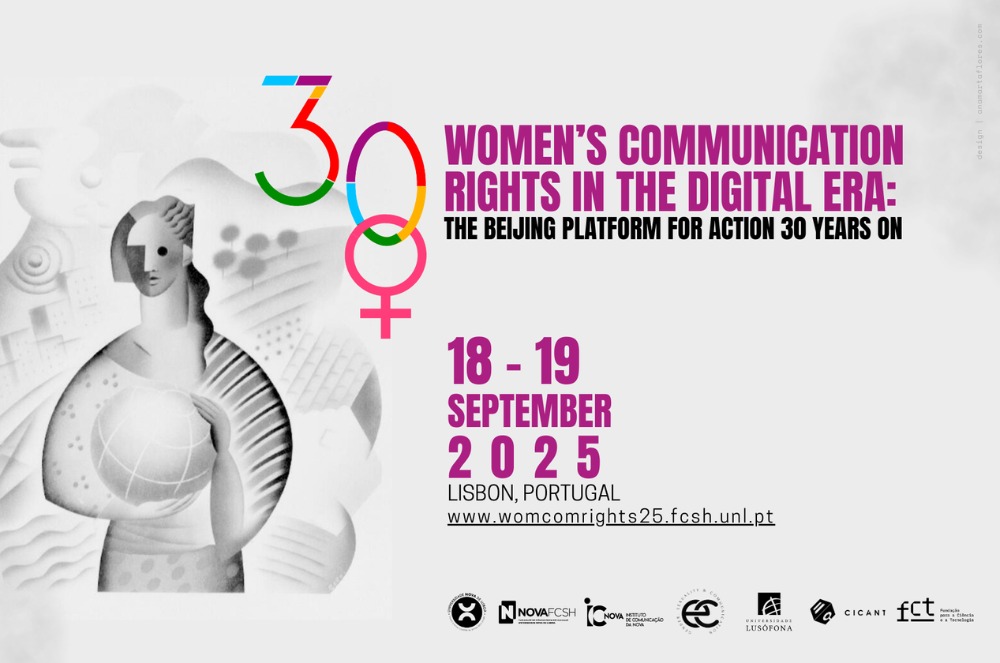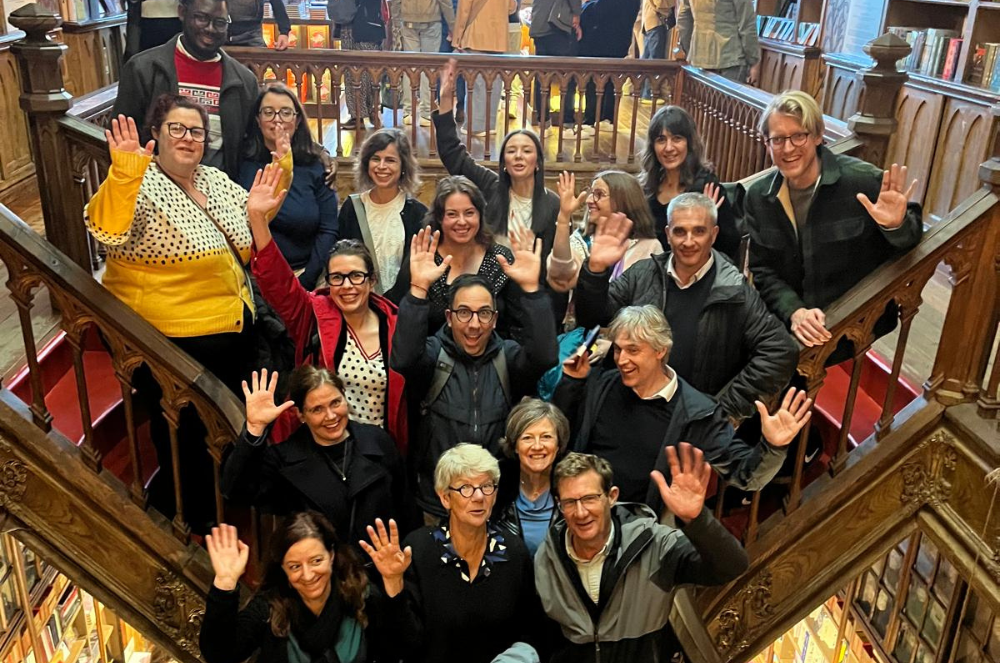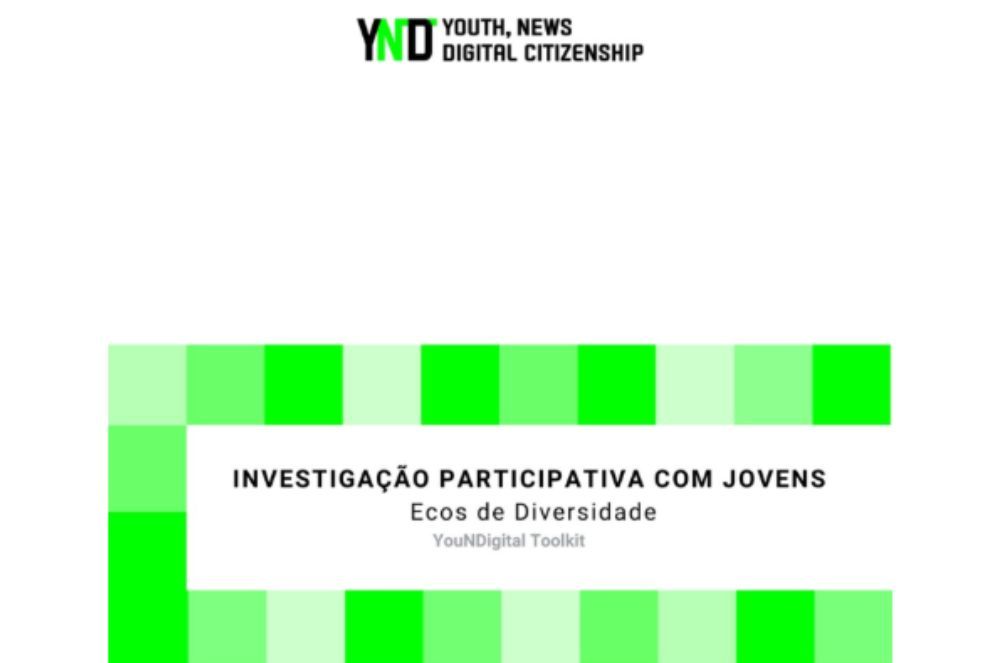ODS 6 Água Potável e Saneamento
Online roundtable celebrates the International Easy Language Day
To mark International Easy Language Day, the MeLCi Lab - Media Literacy and Civic Cultures Lab - and GLOW partnered with the Easy Language International Network (ELIN) to host an online roundtable on May 28th at 14:00 (UTC+1).
The session, held via Zoom, focused on the role of Easy Language in scientific research, highlighting its relevance for inclusive communication and knowledge accessibility. Easy Language – or easy-to-read communication – plays a crucial role in ensuring that complex information can be understood by people with intellectual disabilities and other groups with specific accessibility needs.
The event was chaired by Cátia Casimiro, PhD student in Communication Sciences at Lusófona University, and was moderated by Dr Carlo Eugeni, Associate Professor at the University of Leeds. Both are active members of ELIN, an international network of researchers and practitioners dedicated to promoting accessible communication.
This initiative reinforces CICANT’s ongoing commitment to fostering accessible communication, civic inclusion, and media literacy for all.
Over&Out 2025: Lusófona’s Film and Media Arts Showcase Returns with the Theme "Navigation"
The Department of Cinema and Media Arts (DCAM) at Lusófona University announced the return of Over&Out, its annual event celebrating student-led artistic and academic work. The 2025 edition will take place from 7 to 10 July, under the guiding theme “navigation”.
Organised by DCAM, Over&Out serves as a platform to present the most recent outcomes of student creativity and research developed throughout the academic year. The event features a rich and diverse programme, including short and feature-length films, media installations, live performances, and research presentations, offering insight into contemporary practices in cinema, media arts, and visual culture.
By foregrounding the theme of "navigation", this year’s edition invites reflection on how we move - conceptually, politically, artistically - through complex media landscapes and evolving cultural environments.
The preliminary programme is now available and promises four days of dynamic and thought-provoking work from emerging voices in the field.
Perspectives on the Future of Film Education in Europe: New Article by Manuel José Damásio
Manuel José Damásio, coordinator of FilmEU, has published the article Perspectives on the Future of Film Education in Europe, exploring the evolving landscape of film education and the impact of the Samsara pedagogical framework within the FilmEU European University.
The article examines how emerging technological, social, and institutional transformations - including virtual and augmented reality, artificial intelligence, and shifting audience behaviors - are reshaping both the film industry and educational methodologies.
Manuel Damásio advocates for a shift from teaching about film to educating through film, emphasizing FilmEU as a trans-European and interdisciplinary model for creative arts education. The Samsara framework is presented as a project-driven approach that integrates technical training, media literacy, and critical thinking.
By discussing initiatives like FilmEU, the article provides insights into how film schools can adapt to the continuous changes within the cultural and creative industries.
To know more, read the full article here: https://sciendo.com/article/10.2478/bsmr-2024-0006?tab=references.
Recommendations for Digital Wellbeing
The Directorate-General for Education (DGE) publicly announced the document ‘Recommendations for Digital Well-being’ on 29 January in Coimbra, at the Convento de São Francisco, at the ‘Learning More Now’ Seminar. This document is the result of an invitation to various experts on the subject in Portugal who were part of a working group led by the DGE during 2024. Maria José Brites and Teresa Sofia Castro, coordinators of the YouNDigital - Young News and Digital Citizenship project (DOI 10.54499/PTDC/COM-OUT/0243/2021), are part of this working group and also sign this document.
The ‘Learn More Now’ Seminar provided an opportunity to reflect on and discuss strategies centred on ‘Improving Learning’ and ‘Integration and Success of Migrant Students’ with heads of school groups and non-grouped schools, heads of school association training centres, education experts and representatives of the various bodies of the Ministry of Education, Science and Innovation.
Among the topics discussed at the event were: the integration and success of migrant students, psycho-pedagogical tutoring and digital well-being in education.
Verso e Reverso: Re-reading and Reinventing Camões in a Decolonial Key
To mark Portugal Day (10 June), the Virtual Museum of Lusophony (University of Minho) and CICANT (Lusófona University) are jointly organising the webinar “Verso e Reverso: Re-reading and Reinventing the Work of Luís de Camões”, to be held on 18 June 2025, at 17:00 (Portugal time), via the Zoom platform.
The event will feature contributions from Lurdes Macedo, integrated researcher at CICANT and Assistant Professor at Lusófona University – University Center of Porto, and Maria-Benedita Basto, Associate Professor at Sorbonne University (France), with moderation by Isabel Macedo, researcher at the University of Minho and Director of the Virtual Museum of Lusophony.
The session will open with an intervention by Lurdes Macedo, focusing on Jorge de Sena’s visit to Mozambique in 1972, interpreted as a politically charged gesture against the colonial regime and a call for a renewed reading of Camões’ work. This will be followed by a presentation by Maria-Benedita Basto on As Quybyrycas (1972), a poetic text authored by Frey Joannes Garabatus and originally published in Lourenço Marques. Conceived as a continuation of Os Lusíadas and centred on the defeat at Alcácer-Quibir, this work - prefaced by Jorge de Sena - is presented as a significant contribution to the decolonisation of the Portuguese imperial imaginary.
The webinar offers an opportunity to revisit Camões’ legacy through critical, intercultural, and postcolonial perspectives, promoting dialogue across literature, memory, and identity within the Lusophone space.
Further information is available on the Virtual Museum of Lusophony website.
Women’s Communication Rights in the Digital Era: 30 Years After the Beijing Platform for Action
CICANT co-organises the conference Women’s Communication Rights in the Digital Era: the Beijing Platform for Action 30 Years On, together with ICNOVA (NOVA University Lisbon) and ECREA’s Gender, Sexuality and Communication Section.
Marking 30 years since the Beijing Platform for Action, the event will address ongoing and emerging challenges in gender and intersectional equality within the media. Despite progress, inequalities persist — from underrepresentation in leadership to online misogyny, particularly affecting minority groups.
The conference invites scholars, policymakers, media professionals, and activists to discuss topics such as feminist media policy, digital harassment, AI bias, and alternative feminist media practices. It will serve as a collaborative platform to exchange ideas and promote a more inclusive media environment.
Registration is open until May 31st, 2025.
Workshop with Yadegar Asisi explores drawing as a universal language
Drawing is more than a creative technique — it is a medium to discover the world and to enter into dialogue with others. In this hands-on workshop with renowned artist Yadegar Asisi, we will attempt to position and deepen our understanding of the importance of drawing in one day. We will explore drawing as a universal language that expands perspectives and connects people.
The workshop takes place on July 1st, between 9.30am and 7.30pm, at Lusófona University, room Z0.3.
Through specific exercises, we will sharpen our perception, learn to grasp spaces and perspectives in a new way and experience how drawing can build bridges between individuals and cultures. The workshop offers a platform to experience and understand the transformative power of drawing.
For more information and to register by 15 June.
YouNDigital co-organizes and leads workshop at the 8th National Media Education Meeting
As part of the European Year of Digital Citizenship, promoted by the Council of Europe, and integrated into the national initiative 7 Dias com os Media, the 8th National Media Education Meeting – “How to Enhance Digital Citizenship in the Age of AI” – was organized by the Directorate-General for Education, in partnership with the Informal Media Literacy Group, the Senhora da Hora School Cluster, the Matosinhos Training Center, and YouNDigital – Youth News and Digital Citizenship.
The morning sessions featured presentations on key national initiatives in media literacy and guiding frameworks for fostering more active and responsible citizenship in today’s algorithmic society. Young reporters from the Information and Communication Clubs also shared their experiences and perspectives.
In the afternoon, participants engaged in six workshops and a panel discussion with experts on AI, media, and civic participation. YouNDigital led one of the workshops, “Do You Believe Everything You See? The Role of Algorithms in Information”, developed as part of the ongoing YouNDigital & Information and Communication Clubs initiative, launched in November 2024 under the National Strategy for Citizenship Education of the Directorate-General for Education. The workshop brought together around 70 participants in person, with many more joining online.
Visit the project website to read more about the activities.



